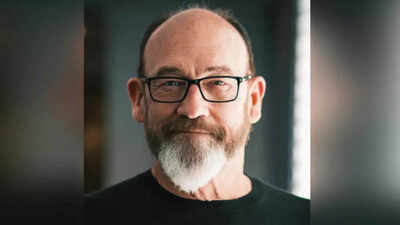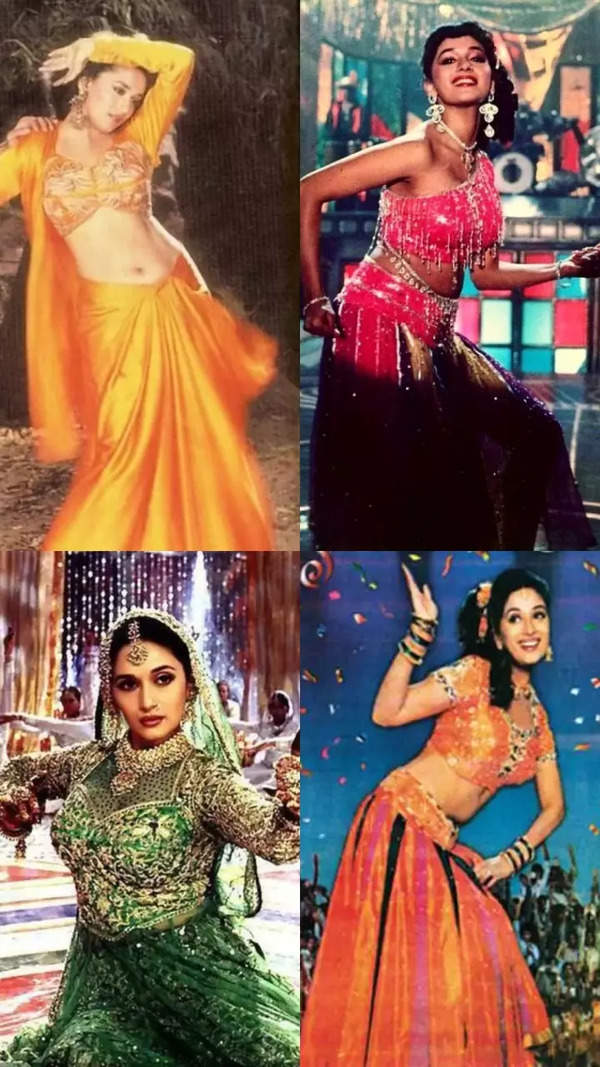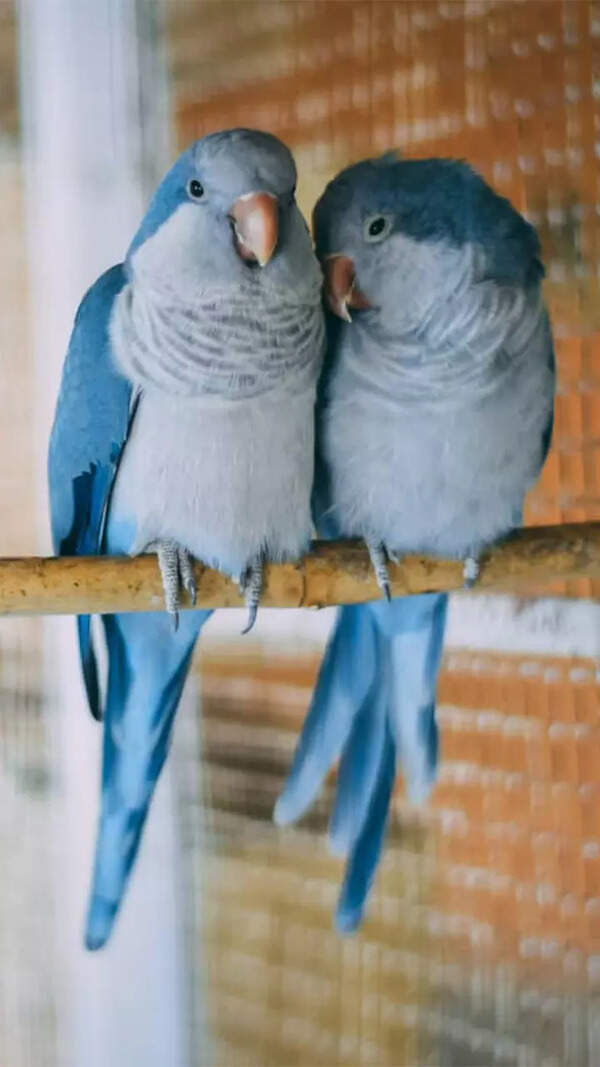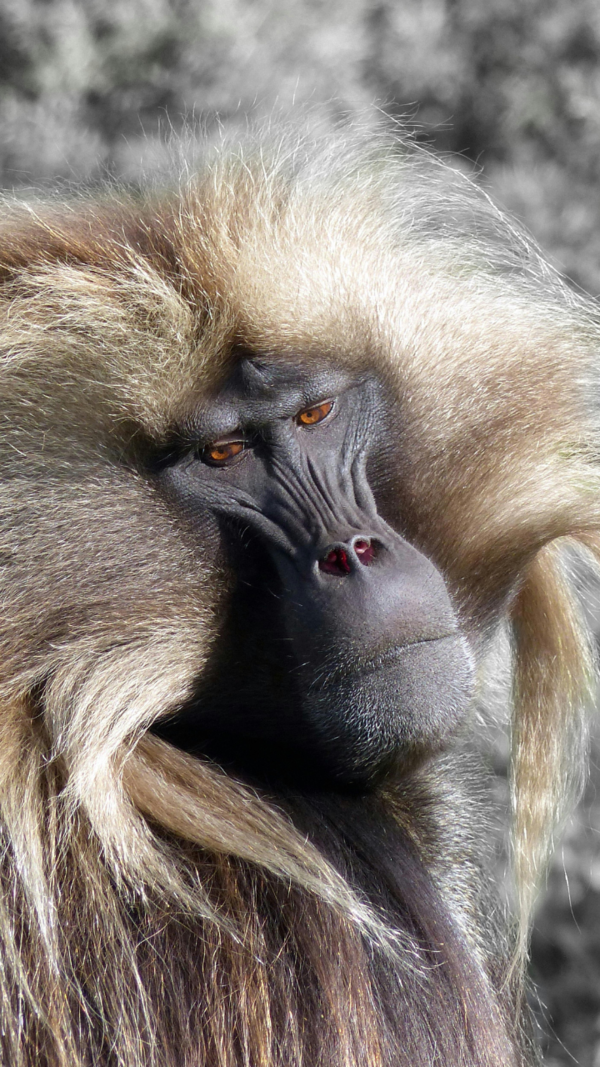- News
- entertainment
- english
- hollywood
- Chuck Russell on Laughter, Fear, and the Joy of Watching Movies in India
Trending
Chuck Russell on Laughter, Fear, and the Joy of Watching Movies in India
For Russell, cinema is not just meant to be seen – it’s meant to be felt, collectively.
For Russell, cinema is not just meant to be seen – it’s meant to be felt, collectively. “Movies are meant to get people talking,” he says, “and if they inspire positive thoughts, it’s like creating a ripple in a pond.”
That ripple has reached further than most would expect. Take The Mask – a surreal, rubbery ride of a movie that, despite its outrageous tone, has endured with global audiences. “The blessing of my life has been the humor of The Mask,” he says. “It was an experiment – I wanted to create something universal, aiming for a global audience.” That goal landed. Decades on, fans still approach him – not just to talk about Jim Carrey, but about the dog. “Even the dog’s name,” he laughs, “people still remember it after all these years. It reminds them of the importance of laughter – and that being a little silly can help you get through life.”
But Russell’s career isn’t all zoot-suited mischief. He’s also known for his work in horror, a genre he continues to follow with keen interest. Today’s horror sound design, he notes, has shifted away from orchestral cues toward something more visceral, more textural. “We’re getting almost more into a soundtrack that is all sound effects,” he explains, “where it sounds more like rusty metal banging against each other – and it can truly be terrifying.” The absence of music, too, plays a role. “If you want to know when the big scare is coming, wait for the really quiet parts.”
Whether it’s laughter or fear – or ideally, both – Russell remains committed to the kind of storytelling that leaves people feeling something. And if they walk out talking, laughing, or nervously glancing over their shoulders? All the better.
End of Article
FOLLOW US ON SOCIAL MEDIA
Visual Stories
Tired of too many ads?










